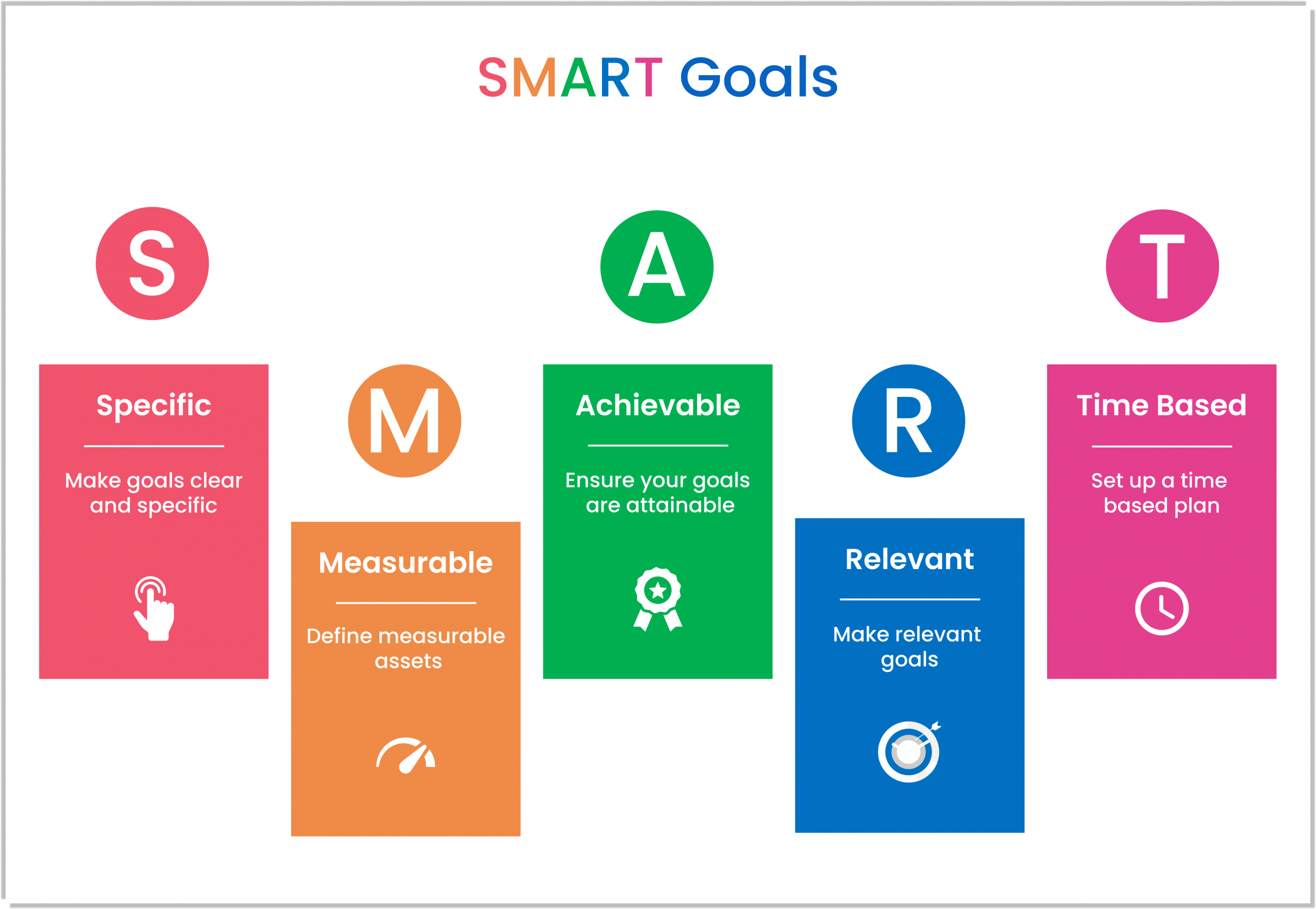
The Role of Time Tracking for Employee Accountability
To put it simply, employee accountability implies that an employee willingly steps forward to recognise their position in various situations. That is, taking responsibility for yourself.
In today’s professional environment, fostering this accountability is more crucial than ever. One of the essential tools that significantly contribute to enhancing employee accountability is time tracking. And in this digitalized world, how will time tracking work without time tracking software?
In this blog, we delve into the integral relationship between time tracking and employee accountability, highlighting how time tracking software significantly contributes to a culture of responsibility and reliability within the workforce.
What is Employee Accountability?
Accountability in the workplace is holding all employees accountable for their actions, behaviours, performance, and decisions. It is also associated with increased commitment to work and employee morale, which leads to improved performance.
It involves holding employees answerable for their performance, behavior, and outcomes related to their roles and assigned duties within an organization. An accountable worker takes ownership of their work and does not try excuses for themselves.
Importance of Accountability in the Workplace
1. Trust and Reliability
Employee accountability forms the foundation of trust within a team or organization. It showcases reliability and integrity, essential for fostering strong professional relationships.
2. Performance and Results
Accountable employees understand the impact of their actions on outcomes. Embracing accountability drives proactive efforts, boosting productivity in the workplace, and consistently meeting goals.
3. Continuous Improvement
Accountability promotes a culture where mistakes are seen as opportunities for growth. It encourages innovation, risk-taking, and a mindset focused on continual enhancement of processes and outcomes.
4. Communication & Collaboration
Clear accountability lines streamline communication. When employees know their roles, it enhances collaboration, transparency, and problem-solving within teams, minimizing misunderstandings.
What Happens if There’s a Lack of Accountability at Work?
At work, a lack of accountability leads to missed deadlines, unfinished work, and intra-team alienation. When no one takes responsibility for making decisions and getting things done, the following are likely to occur:
- Low trust levels
- Low team morale
- Poor performance
- Micromanagement
- Low job satisfaction
- High employee retention
- Low employee engagement
- Unclear project and task priorities
Role of Time Tracking in Employee Accountability
The integration of time tracking tools and methodologies plays a crucial role in empowering employees to take ownership of their responsibilities and actions. Let’s delve into the ways time tracking contributes to fostering a culture of employee accountability within organizations.

Clarity and Transparency
Time tracking tools offer a transparent view of how employees allocate their time throughout the workday. By accurately tracking work hours, and the time spent on each project and tasks, these tools provide a clear picture of where efforts are being directed. This transparency instils accountability as employees understand the importance of accurately recording their activities, fostering a culture where each minute counts toward collective goals.

Accurate Resource Allocation
Understanding how time is spent allows for better resource allocation. When employees are accountable for their time through tracking, managers can identify bottlenecks, redistribute workloads, or offer support where needed. This enables teams to function optimally, ensuring tasks are completed efficiently and deadlines are met.

Performance Evaluation and Improvement
Time tracking data serves as a valuable resource for performance evaluation. By analyzing tracked hours against set goals or benchmarks, managers can provide feedback and recognize higher performance. For employees, this fosters a sense of responsibility for meeting targets and motivates them to enhance their productivity continually.

Project Management and Accountability
In project-based work environments, project tracking plays a pivotal role in holding individuals accountable for their contributions. It allows project managers to track progress, identify potential roadblocks, and ensure that each team member is meeting their commitments. This accountability fosters a collaborative and accountable work culture, essential for successful project execution.

Enhanced Work-Life Balance
Employee accountability through time tracking also extends to promoting a healthy work-life balance. By efficiently tracking work hours, employees are encouraged to manage their time effectively, fostering the development of strong time management skills. This balance contributes to overall employee satisfaction and well-being. This balance contributes to overall employee satisfaction and well-being.
How to Overcome Accountability Issues Using Time Tracking Software

Fostering Responsibility
One of the primary benefits of incorporating time tracking software is its ability to foster a sense of responsibility among employees. By accurately tracking their work hours and tasks, individuals become more aware of their time allocation. This heightened awareness naturally translates into increased accountability as team members take ownership of their schedules and commitments.

Transparency and Trust
Time tracking software provides an unparalleled level of transparency in the workplace. It offers managers and team leaders real-time insights into how time is being allocated across different projects and tasks. This transparency not only helps in identifying potential bottlenecks but also builds trust among team members as everyone operates on a level playing field.

Aligning Goals and Priorities
A key aspect of accountability is aligning individual goals with organizational objectives. Time tracking software aids in this alignment by showcasing how individual efforts contribute to larger projects and deadlines. This visibility ensures that employees understand the significance of their contributions, thereby reinforcing a sense of accountability towards shared goals.

Cultivating a Culture of Accountability
Implementing time tracking software is about cultivating a culture of accountability. When employees recognize that their time is valued and tracked for the sake of efficient operations rather than micromanagement, they are more likely to embrace the practice. This shift in mindset promotes a culture where accountability becomes ingrained in everyday workflows.

Empowering Employee Productivity
Efficient time tracking isn’t just about making individuals accountable; it’s about empowering them to be more productive.By understanding how their time is utilized, employees can identify productivity patterns, optimize workflows, and make informed decisions to improve their efficiency, further reinforcing their sense of responsibility.
Steps to Fostering Accountability in the Workplace
1. Make Accountability One of Your Company’s Core Values
Embedding accountability as a core value within the company sets the tone for the entire organizational culture. This step requires leadership to communicate and emphasize the importance of taking ownership of tasks, actions, and outcomes at all levels. It could mean integrating accountability into the mission statement, creating policies that promote responsibility, and consistently reinforcing this value in various aspects of work.
When accountability becomes a core value, it guides decision-making, behavior, and interactions among employees. It serves as a compass that influences the work culture and shapes how individuals approach their roles and responsibilities.
2. Redefine Goals to Meet New, More Achievable Benchmarks
Setting clear, specific, measurable, achievable, relevant, and time-bound (SMART) goals is crucial for fostering accountability. When goals are well-defined, employees have a clear understanding of what is expected from them.
SMART goals enhance accountability by ensuring that everyone comprehends their role in achieving these goals and understands the metrics by which their performance will be measured.

3. Lead by Example, Whether You’re a Manager or an Executive
When leaders demonstrate accountability in their actions, it sets a powerful example for others to follow. Managers and executives need to exhibit traits such as taking responsibility for their decisions, being transparent about challenges and successes, and acknowledging mistakes.
When leaders showcase accountability, it encourages employees to do the same. It fosters a sense of trust and integrity within the team, where everyone feels comfortable taking ownership of their actions and decisions.
4. Encourage Team Members to Take Ownership of their Work
Encouraging employees to take ownership involves empowering them to make decisions, solve problems, and be proactive in their roles. This step requires providing autonomy, support, and resources necessary for individuals to feel accountable for their work. It also involves creating an environment where mistakes are seen as opportunities for growth, fostering a sense of ownership in the face of challenges.
When employees feel ownership over their work, they show improved statistics in engagement, motivation, and innovation. They take pride in their contributions, leading to higher quality outputs and more invested employees.
5. Foster Open and Honest Communication
Encouraging open dialogue, feedback, and transparency creates an environment where individuals feel comfortable discussing challenges, seeking help when needed, and sharing successes. It involves providing regular updates, setting expectations clearly, and actively listening to employees’ concerns or suggestions.
Open communication builds trust and a sense of collective responsibility. It ensures that everyone is on the same page, reduces misunderstandings, and allows for better problem-solving and collaboration.
6. Reward and Celebrate Accountability
Recognizing and celebrating accountability reinforces its importance within the organization. Whether through formal recognition programs, praise in team meetings, or rewards for exemplary accountability, acknowledging individuals who demonstrate ownership of their work encourages others to follow suit. Celebrating achievements and milestones tied to accountability cultivates a positive work culture and reinforces desired behaviors.
Rewarding and celebrating accountability reinforces the value placed on responsible behavior. It motivates employees to continue taking ownership of their tasks and contributes to a positive work environment where individuals feel appreciated and valued.
Endnote
So, as we wrap up this journey through the power of time tracking in nurturing employee accountability,
Time tracking plays a pivotal role in fortifying employee accountability within the workplace. Time tracking software is a secret agent, revealing insights into task juggling, goal smashing, and a collective dedication to excellence. It’s the fuel behind a culture where every team member not only owns their work but thrives on it.
Let’s embark on this journey together – the time to embrace accountability is now!

